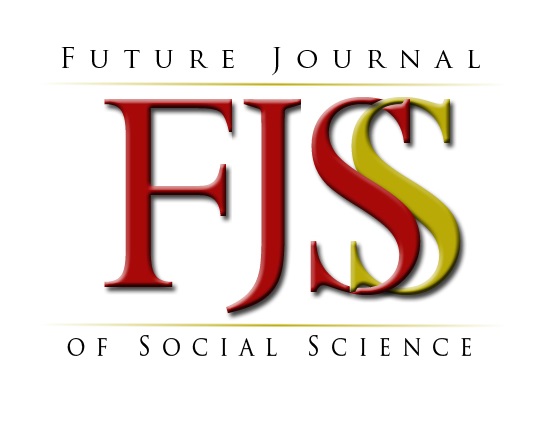Future Journal of Social Science

DOI
10.54623/fue.fjss.1.1.4
Abstract
This paper attempts to examine the impact of IMF programs and subsequent policy conditions from a gender lens. We argue that the IMF’s orthodox adjustment policies deteriorate the development outcomes of women disproportionately, mainly due to undermining recipient states’ expenditure capacity on female-dominated work and service sectors. Consequently, women face hardships in managing their dual roles -in both the market and the domestic spheres- which affects the efficiency of society's productive and reproductive sectors. First, we detect the main macro and political-economic determinants of IMF participation using a probit estimation. Second, we use the predicted probabilities in stage one to conduct a Heckman selection procedure between the participation in an IMF program and the observation of policy conditionalities. Finally, we estimate the impact of the IMF conditionality on different gendered outcomes. Our results indicate that a 1% increase in conditionality increases female unemployment, maternal mortality rates, girls' secondary school drop-out rates, and gender inequality by 1.1%, 6.7%, 6.8%, and 0.8% respectively. Furthermore, the results of our extended model confirm the crucial role of different institutions that protect women’s rights -including laws and conventions that prohibit gender-based discrimination- in mitigating the adverse impacts of IMF policy conditions on gendered outcomes.
Recommended Citation
Kamal, Reem Ahmed
(2022)
"On the Impact of IMF Loans and Conditions: A Gender Lens,"
Future Journal of Social Science: Vol. 1:
Iss.
1, Article 4.
DOI: 10.54623/fue.fjss.1.1.4
Available at:
https://digitalcommons.aaru.edu.jo/fjss/vol1/iss1/4
Included in
Economics Commons, Feminist, Gender, and Sexuality Studies Commons, Public Affairs, Public Policy and Public Administration Commons

